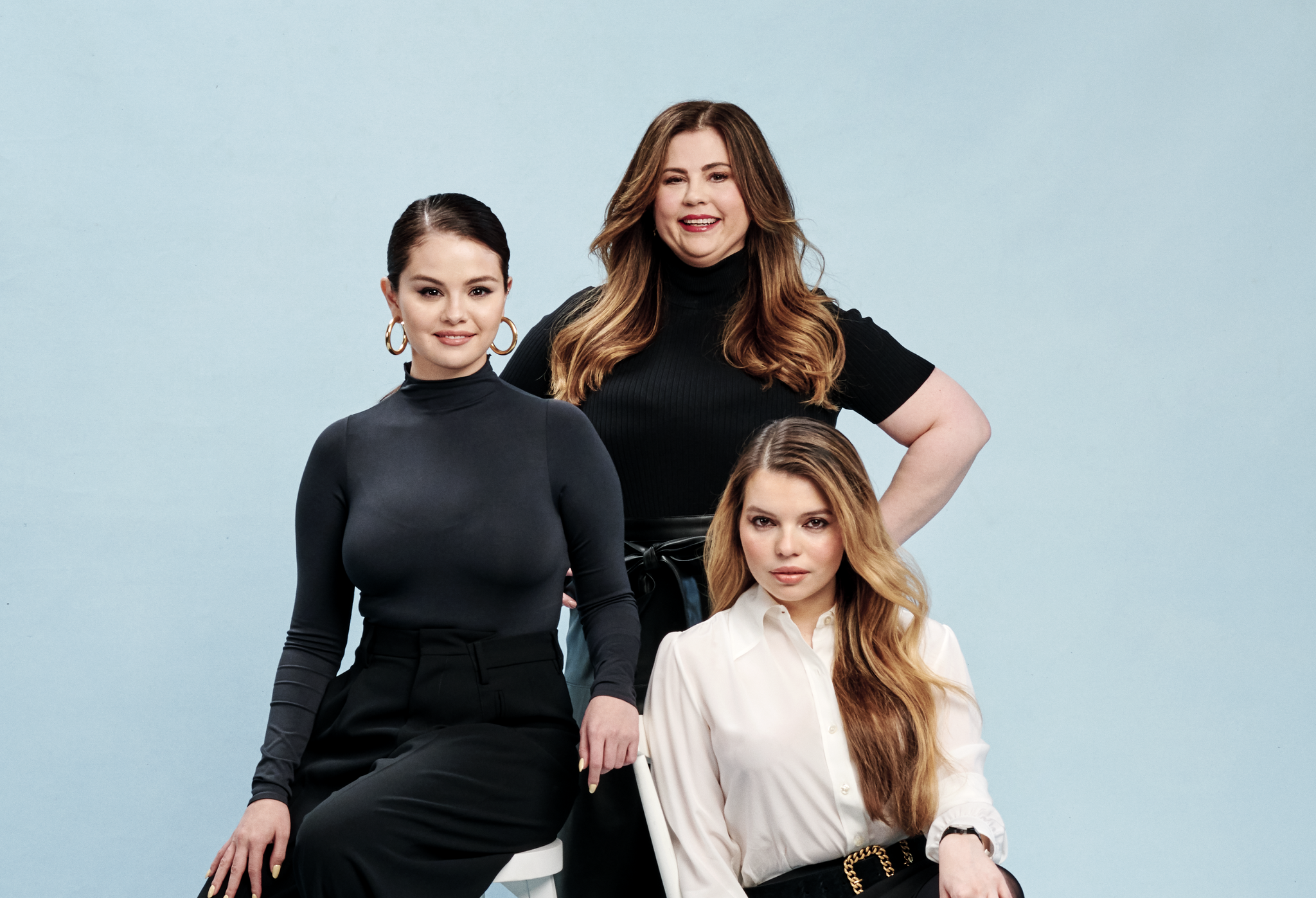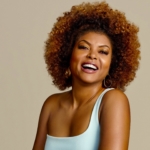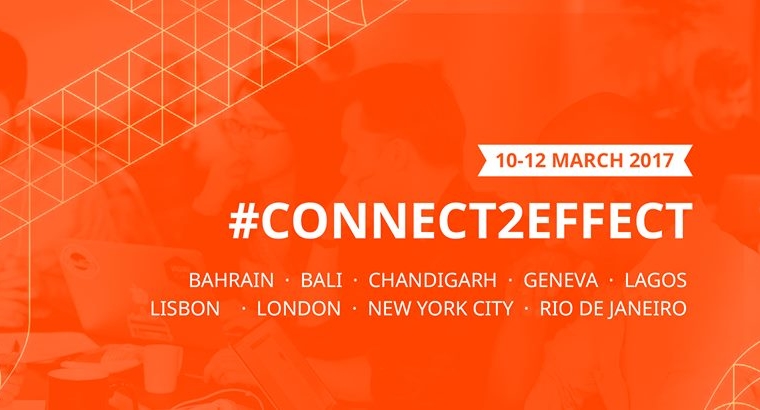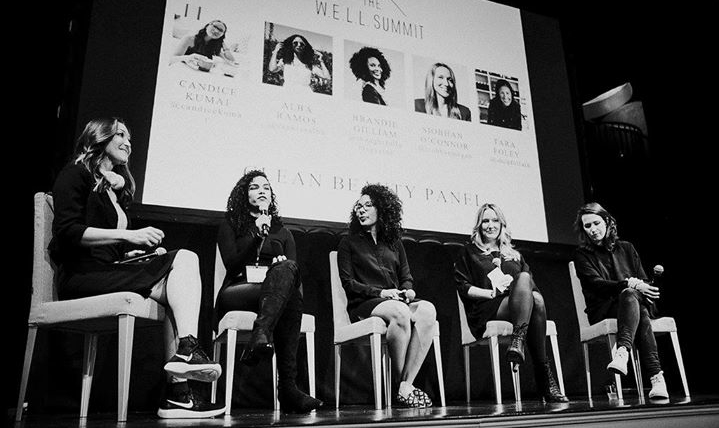
Selena Gomez, Mandy Teefey And Daniella Pierson On Their New Mental Fitness Platform, Wondermind
By Julia Wuench
Wondermind is a new company setting out to create a world where caring for your mental health is “democratized and destigmatized.” Its three cofounders are Selena Gomez (singer, actress, producer, and philanthropist), Mandy Teefey (Founder & CEO of Kicked to the Curb Productions, mother of Selena Gomez) and Daniella Pierson (Founder & CEO of The Newsette).
I got to sit down with two of the three cofounders to discuss Wondermind, why they chose to use the language of mental fitness, and what we can expect next.
Julia Wuench: Why use the language of mental fitness versus mental health or resilience?
Daniella Pierson: We use the term “mental fitness” because it feels more approachable and less intimidating than “mental health,” and it also describes our philosophy: we believe you should work on your mental wellbeing every single day, just like you take care of your body. And Wondermind makes that easy, accessible, and entertaining.
Wuench: In your opinion, what makes somebody mentally fit?
Pierson: In our Wondermind world, being “mentally fit” means working on your mental health every single day. There is not a universal threshold. Everyone heals and grows at their own speed—what matters most is putting in the time and committing a few minutes every single day to reflect on your feelings, grow your mindset, and learn from others.
Wuench: Why does the world need this and you to lead it?
Mandy Teefey: Social media that was created to connect people has disconnected people. We have lost community. The three [founders] have struggled with mental health issues for the majority of our lives. But, we will not be leading this on our own. Our community is still growing. We are learning with our community, not preaching to them. We will have professionals guiding our content and assisting us in creating tangible tools for our users.
Pierson: The world needs an ecosystem dedicated to normalizing working on your mind and stifling the stigma that prevents so many (including myself previously) from getting the professional help they need. For so long talking about your mental health struggles was perceived as “weak” or “embarrassing” but we are here to change the conversation and flip the script—people need to feel safe, excited, and hopeful, which is the environment we are building. As far as why we are the right people to do this, that’s simple: all three of us have suffered from the debilitating effects of mental illness and know firsthand how our Wondermind users feel, because we’ve lived through it (and continue to deal with it). Additionally, I love that we are all from three different generations—I’m Gen Z, Selena’s a millennial, and Mandy is Gen X—because it represents who we are targeting: everyone. Mental health doesn’t discriminate against age, race, gender, or socioeconomic status, and we’re excited to be inclusive to all.
Wuench: What experiences have the founders had that led to the inception of Wondermind?
Teefey: My mental health conditions were misdiagnosed when I was younger. After a 20-year struggle, I went to a mental health facility and found a supportive community. I was able to heal. I was correctly re-diagnosed with attention deficit hyperactivity disorder (ADHD). But when I came home from the facility, it was much harder to find safe spaces to talk about mental health.
Pierson: I realized something was wrong with me when I was six years old and I couldn’t sleep because there was black tape on one side of my canopy bed and not on the other—they weren’t even. From there I would annoy my family with rituals, including having to close doors a certain number of times, looking under the bed until it “felt right,” and bolting to doors or cabinets that weren’t entirely shut to close them. I didn’t realize what this was until freshman year of high school when I took a health class where we covered mental health disorders, where I finally discovered the three letters I had been searching for: OCD. It got worse, but I didn’t receive help until seven years later, as a senior in college. Now, five years later, my life has completely changed due to the extensive therapy, medicine, and support I’ve been lucky enough to receive. But not everyone is as lucky as I am to have access to these three things—so that’s why I decided, despite already being incredibly busy with my other business, that I had to help make Wondermind a reality.
Wuench: What do you hope Wondermind becomes?
Teefey: I hope Wondermind becomes the safe space I had the privilege of experiencing at the mental health facility. I hope it becomes the beginning of a world of acceptance about caring for our mental health.
Pierson: I hope Wondermind becomes the world’s largest mental fitness ecosystem via our three verticals—production, media, and product—and encourages millions to get professional help and treat their mental fitness just as important as they treat physical fitness.
Wuench: How can people learn more and get involved?
Teefey: We will be launching content in the beginning of 2022, but to get on our mailing list to receive our updates you can go to our website www.wondermind.com or @officialwondermind on all social platforms, except Twitter @letswondermind.
Photo Source: KRUPA CONSULTING






